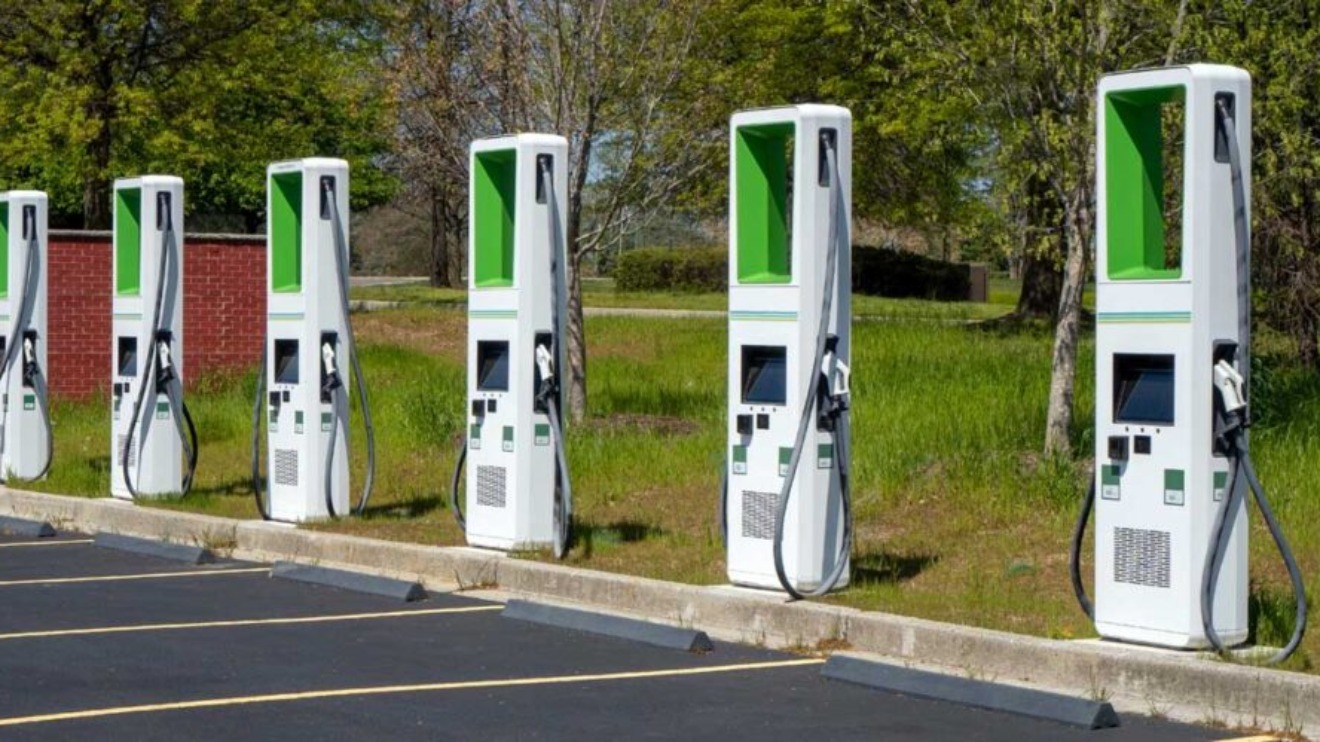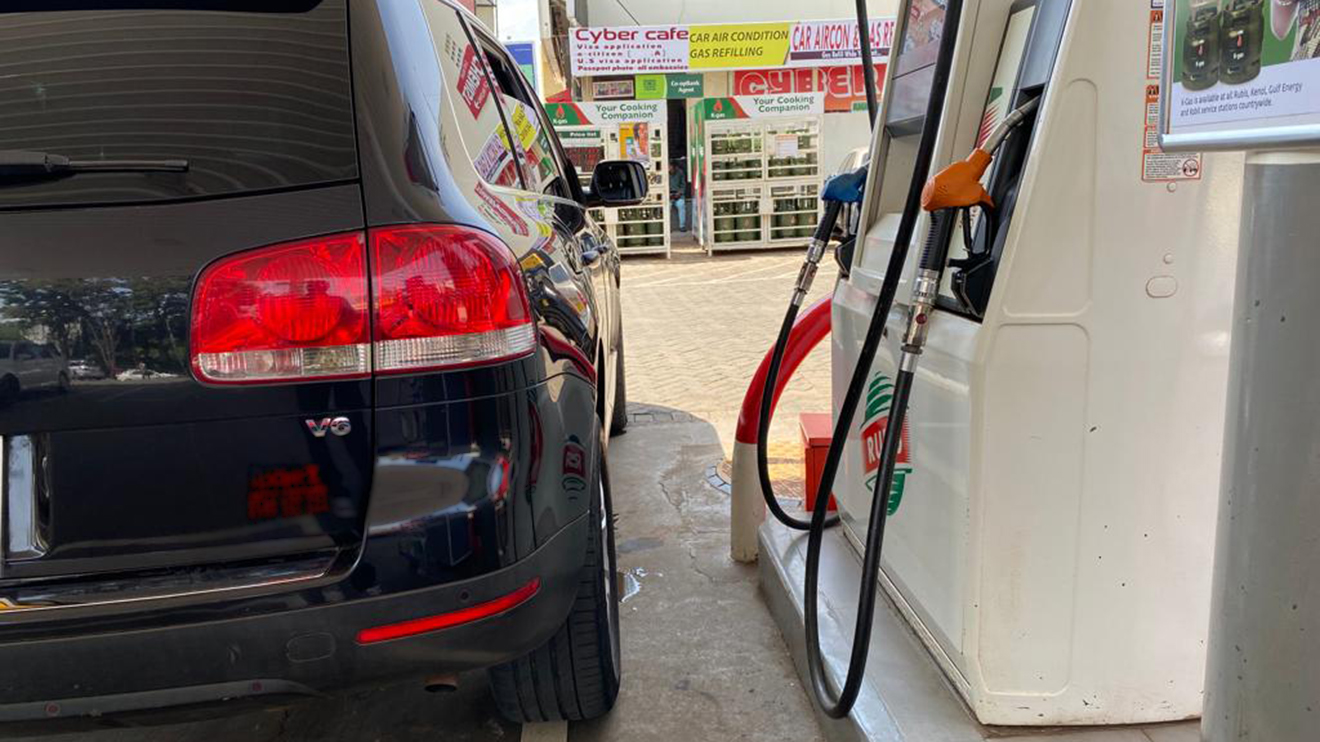The Energy and Petroleum Regulatory Authority (EPRA) has officially opened the doors for Kenyan entrepreneurs and investors interested in establishing electric vehicle (EV) charging and battery swapping stations across the nation.
This landmark development allows Kenyans to apply for licenses to establish electric vehicle (EV) charging and battery-swapping stations across the country.
In its official statement, EPRA emphasized that only certified charging equipment would be approved, underlining its commitment to maintaining high standards in the transition to clean transportation.
"Any person intending to install a public or private charging station or a battery swapping station at a place of their choice can now apply for a licence from EPRA with all charging equipment expected to be those certified by the Kenya Bureau of Standards," EPRA said.
Read More
The guidelines aim to address the growing concern over carbon dioxide emissions, a major contributor to environmental challenges such as flooding and prolonged droughts.
Kenya has been experiencing a notable shift towards cleaner transportation options, with a particular focus on two- and three-wheelers.
The transport sector alone contributes approximately 13 per cent of the country's total emissions, a number that continues to rise.
To tackle this issue, EPRA has stepped forward with these guidelines, aligning with the government's agenda for e-mobility.
EPRA Director General Daniel Kiptoo Bargoria, during the official guideline launch, expressed his enthusiasm for the new guidelines.
"These guidelines add to the milestones that have already been achieved by the government in the e-mobility agenda," Bargoria said.
He emphasized their comprehensive nature, ensuring accessibility for all citizens, including those with disabilities.
The guidelines also aim to make charging infrastructure affordable and strategically placed along major highways to accommodate long-distance travellers.
Furthermore, the guidelines include provisions for home charging ports and a structured adoption framework. Kiptoo Bargoria explained, "The guidelines go beyond providing a framework for charging ports and battery swapping stations to giving investors the confidence derived in knowing what is required of them during installation. They also guide on the quality of infrastructure that is installed, ensuring that consumer safety and ease of access are provided."
Energy and Petroleum Cabinet Secretary Davis Chirchir underscored the potential for electric mobility to enhance energy efficiency in Kenya.
"We have noted that about 70 per cent of charging by most electric buses and motorbikes is done during the off-peak period," Chirchir said.
According to data from July 2023, the country has an available capacity of 2,254 megawatts, exceeding a peak demand of 2,164 megawatts, and resulting in a demand of about 1,230 megawatts during off-peak hours.
"This innovation takes us a step closer to energy efficiency, where more power is consumed during off-peak times," Chirchir.
With the unveiling of these guidelines and the opening of license applications, Kenya takes a significant step toward a cleaner and more sustainable transportation future, addressing both environmental concerns and energy efficiency.
The move is expected to encourage more Kenyans to embrace electric mobility and contribute to the country's efforts to reduce carbon emissions while utilizing its energy resources more efficiently.



-1731675695.jpg)




-1731665904.jpg)
